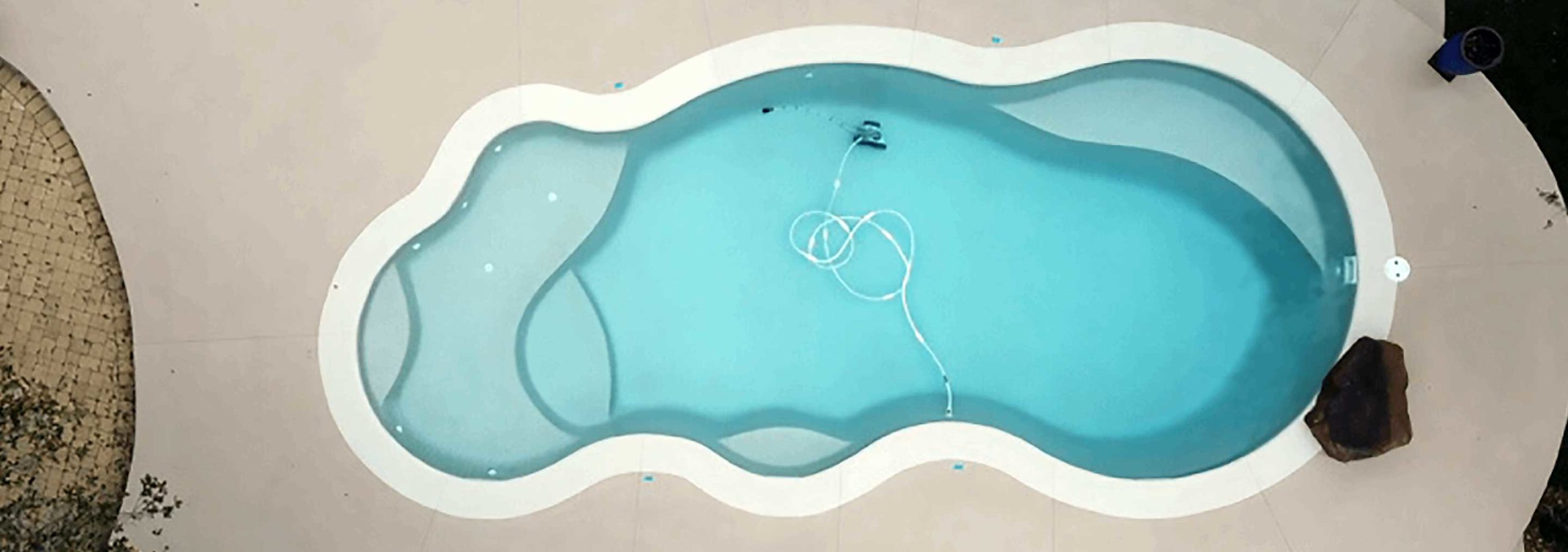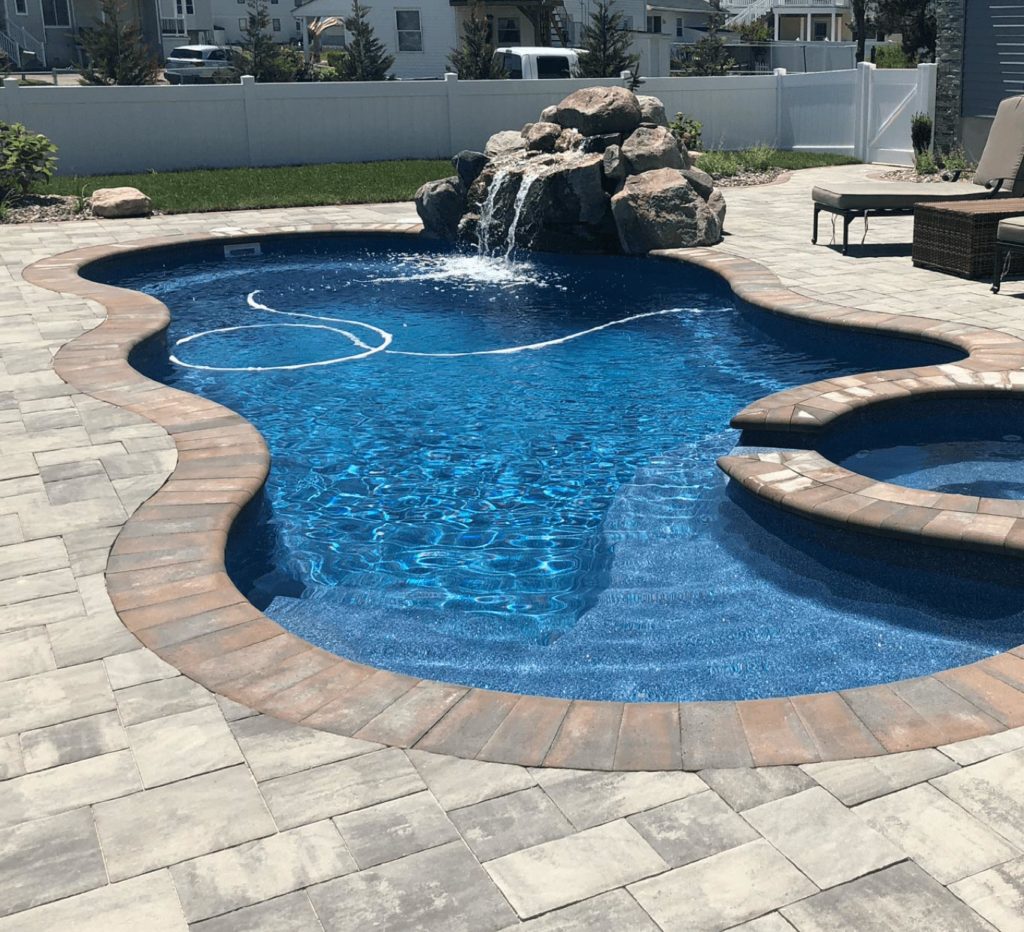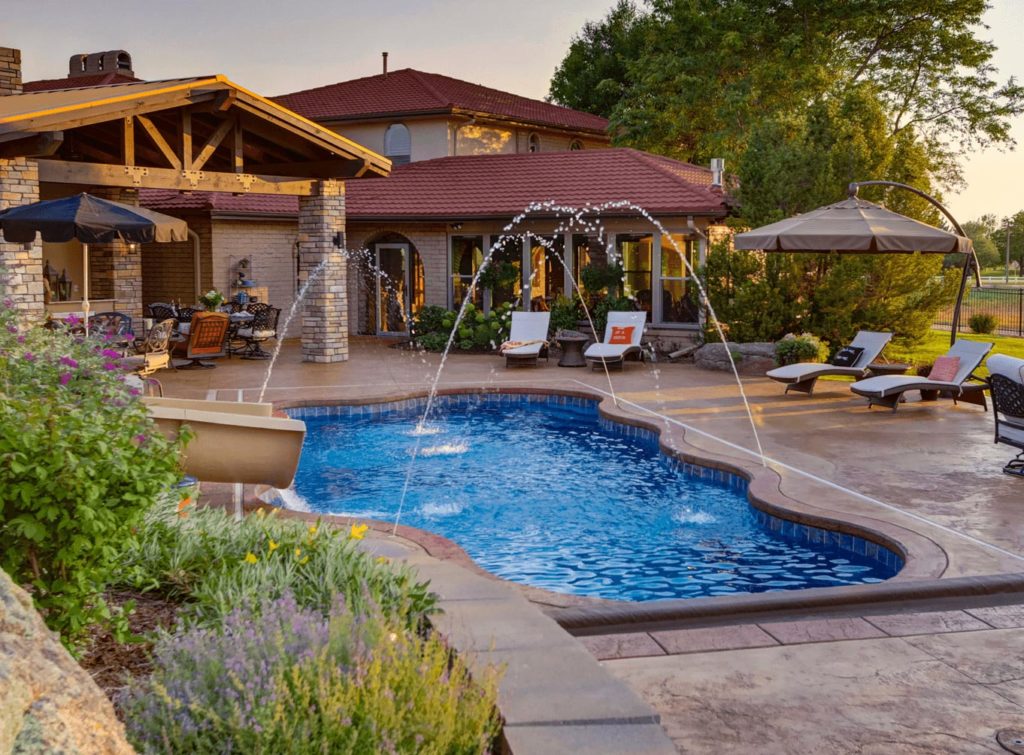As the proud owner of a brand new swimming pool, you can look forward to many hours of fun and splashing around! However, with great fun also comes great responsibility. You’ll need to devote some time to caring for your pool in order to keep it in good condition for years of enjoyment.
If you’re new to pool maintenance, don’t worry! We’ve got you covered with resources that outline best practices for the basics of caring for your pool—including maintaining proper water balance, tips for cleaning and removing algae from your pool, as well as tips for how to shock your swimming pool and to winterize your pool.
How Often Should You Service & Check Your Pool?
Proper water balance is the single most important factor to maximizing the life and appearance of any swimming pool. Frequently checking your pool water levels will help ensure proper maintenance. The following table shows ranges for basic water chemistry and recommendations for how often they should be tested. It’s always a good idea to have a professional pool expert assess your water levels once per month to help you keep your water chemistry at an optimal level.

Learn More About Pool Maintenance
Stay on top of maintaining your pool! Whether you have a vinyl liner pool or fiberglass swimming pool, dive into these resources to get tips to properly care for it!
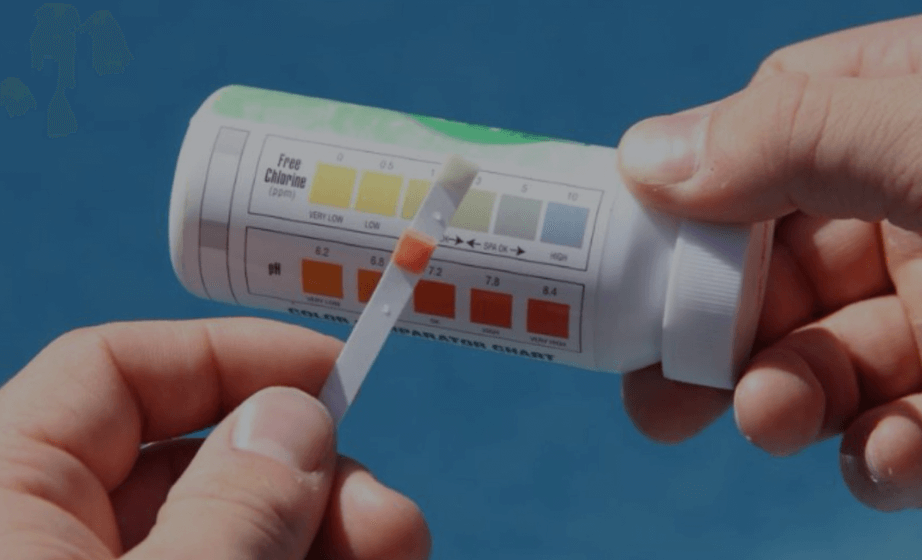
Methods for Testing Water Chemistry
Balancing your pool’s water chemistry is essential to keeping water clear, preventing damage and getting the most enjoyment out of your pool. Get tips for creating the right chemical environment for your pool.
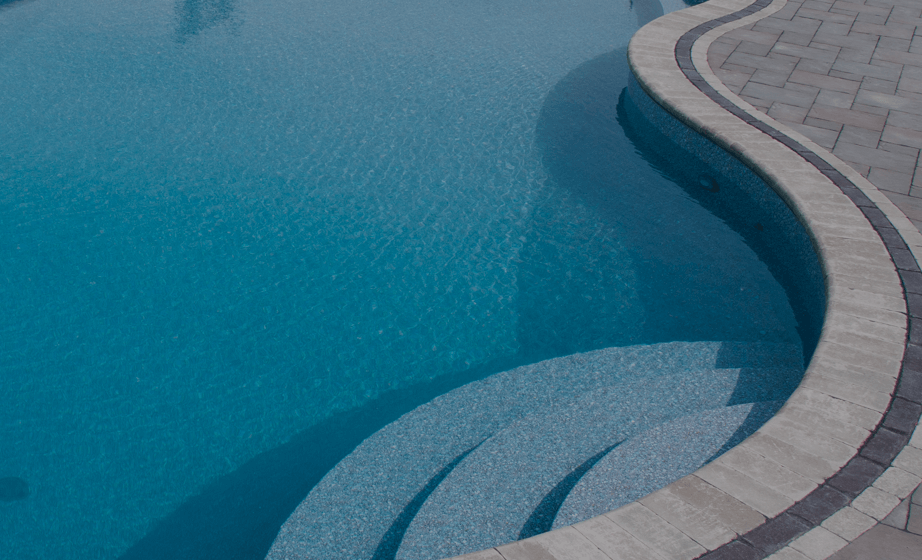
How to Shock Your Swimming Pool
Sanitizing your pool involves balancing chlorine and chemical levels to destroy bacteria and algae that can put a damper on your fun. Learn how to sanitize your chlorine or saltwater pool.
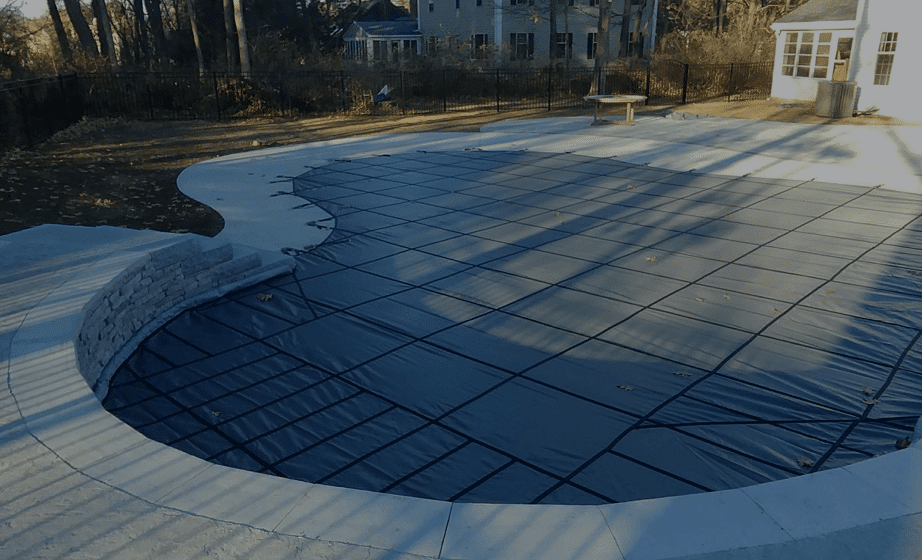
How to Winterize an Inground Pool
If you live in an area that experiences periods of freezing and thaw, there are necessary steps you should take to winterize your pool. Learn how to close your pool and protect your investment during winter months.
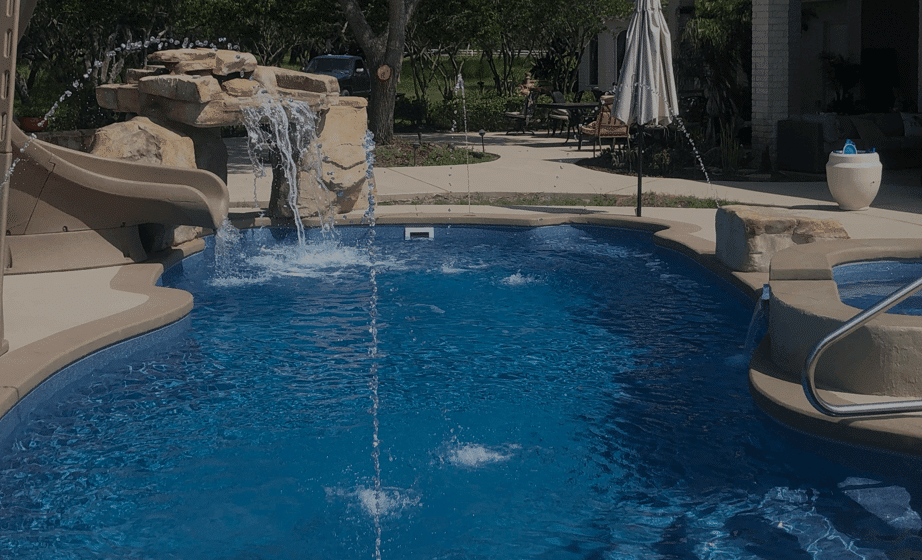
How to Open an Inground Pool in the Spring
Springtime heralds the dawn of greenery, sunshine and the promise of warmer temperatures. It’s also the perfect time to open your pool for the season! From the chemicals needed for pool startup to the best time to prep your pool for the season, learn everything you need to know about the pool-opening process.
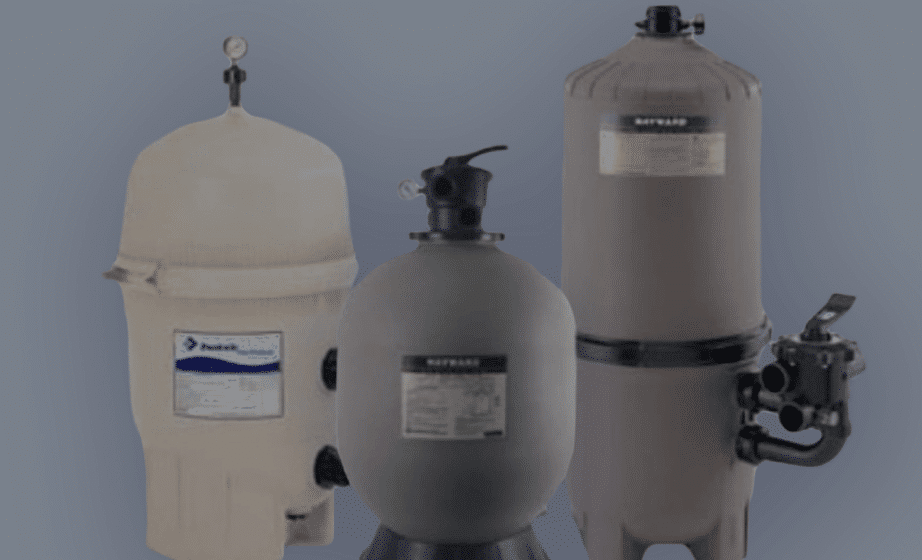
How to Clean Pool Filters
Your pool filters work hard so you don’t have to! However, while your pool filters work to trap dirt and debris, they still need a little TLC. Get tips to clean your pool filters.
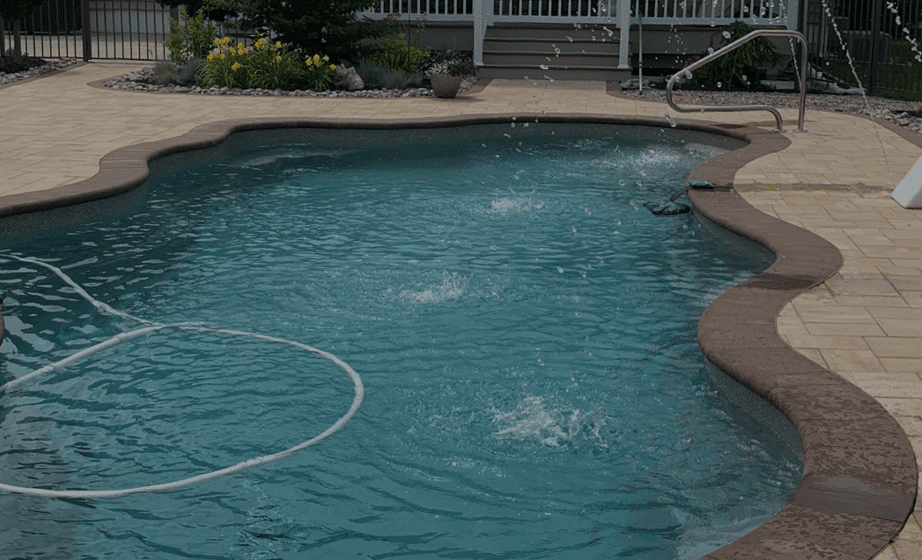
How to Clean an Inground Pool
From stain removal to using a pool vacuum, check out best practices for cleaning your inground pool and keeping it crystal clear!
Important Pool Maintenance Terms
Taking care of a pool involves chemicals and terminology unfamiliar to many people. Read on for some common but important pool maintenance definitions.
PH is the measurement of acidity of water – measured on a scale of 0 to 14 with 7 being neutral. Not only do proper pH levels allow the other chemicals to do their work, but it is important to note that low and high levels can cause damage to a vinyl liner.
- Low pH Levels: A pH below 7.0 means the water is very acidic. Under the right circumstances with pH below 7.0, the liner can actually grow and develop unsightly wrinkles.
- High pH Levels: As the pH approaches 8.0, the water becomes very basic (alkaline). High pH greatly accelerates the aging process and shortens the life of the liner. Chlorine is also much less effective at higher pH levels. At a pH of 8.0; chlorine is only 22% effective.
Improper pH levels can lead to the vinyl liber absorbing water, causing it to expand. This can create wrinkles. It’s the same concept as spending too much time in the bathtub and your fingers become pruned and wrinkled!
Alkalinity is a measurement of the alkaline materials dissolved in water. Alkalinity in the ideal range of 100 to 150ppm helps the pH to resist fluctuations. If the alkalinity is low it can cause a “pH bounce” causing the pH level to fluctuate in and out of the acceptable range.
Calcium Hardness refers to the amount of dissolved minerals in water. A low hardness can lead to corrosion of the pool surface, filter, heater, ladder, etc. A calcium hardness level that is too high causes cloudy water and scaling (white chalky appearance).
It is not uncommon to find metals, often called free metals, dissolved in pool water. Usually they come from source water, sometimes they come as a result of the erosion of metal pool fixtures, such as heater cores.
Free metals in pool water can cause staining of pool surfaces and inhibit the performance of water sanitizers. Ideally, there should be no metals in the water: 0 ppm. If metals are detected in your water you will need a sequestering agent to render them harmless.
Get the Care Your Pool Needs from a Trusted Latham Independent Builder
We want you and your loved ones to enjoy your Latham pool for years to come. That’s why proper and attentive maintenance is important. Even seemingly small choices, such as the critical mistake of using a wire brush to clean your vinyl liner, can result in costly repairs. If you have questions about maintaining your pool, contact your local Latham Independent Builder.
While these resources can help guide you, enlisting the help of a pool professional can ensure that one of your largest backyard investments gets the care and protection it deserves.

